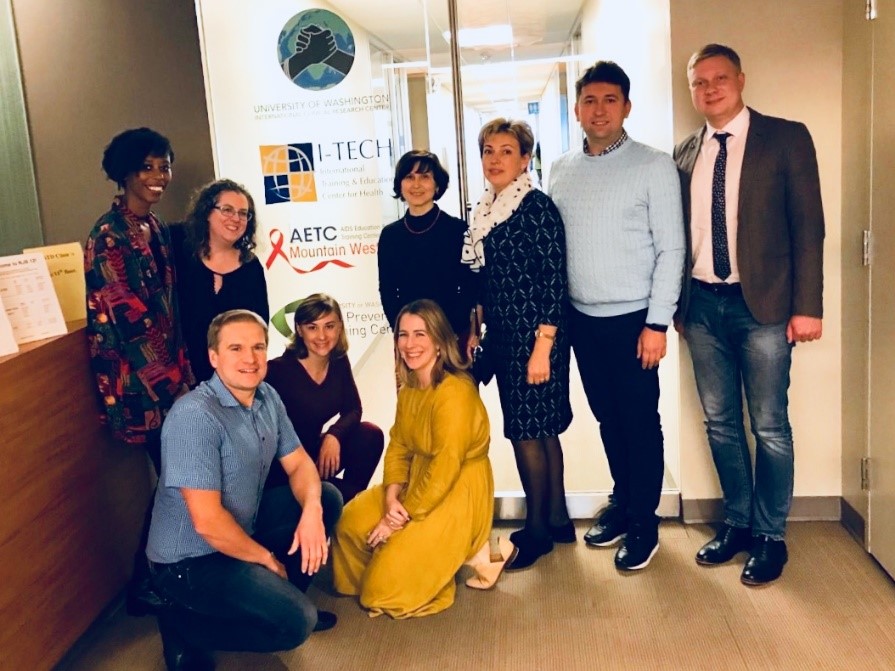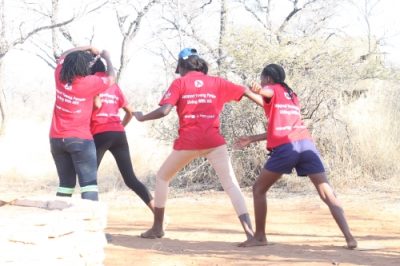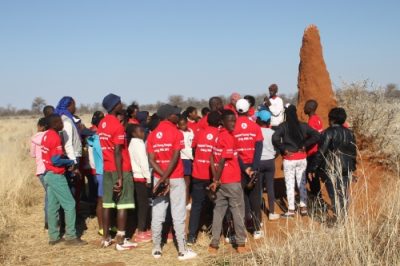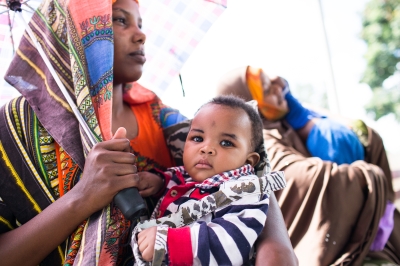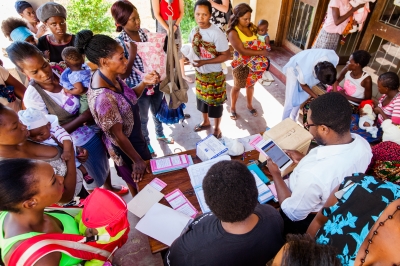
Training on leadership and management is a critical component of the University of Washington (UW) International Training and Education Center for Health’s (I-TECH’s) health systems strengthening efforts. To that end, I-TECH has worked closely with the UW Department of Global Health E-Learning Program (eDGH) since 2012 to offer a heavily subscribed online course on leadership and management to health care workers in low- and middle-income countries.
Designed and taught by I-TECH Executive Director and UW Professor of Global Health Ann Downer, Leadership and Management in Health (LMIH) is a 12-week course focusing on the practical leadership and management skills required for working in complex global health environments. Weekly modules include content on team building, accountability, supervision and delegation, conflict management, financial management, use of data for decision-making, and effective communication.
“I want to express my gratitude for giving me the opportunity to do the UW course on Leadership Management in Health. …I find myself going back to these documents again and again to understand and imbibe what is given. I feel that the simple narrative of the course material has made all the difference.”
–2016 course participant from India
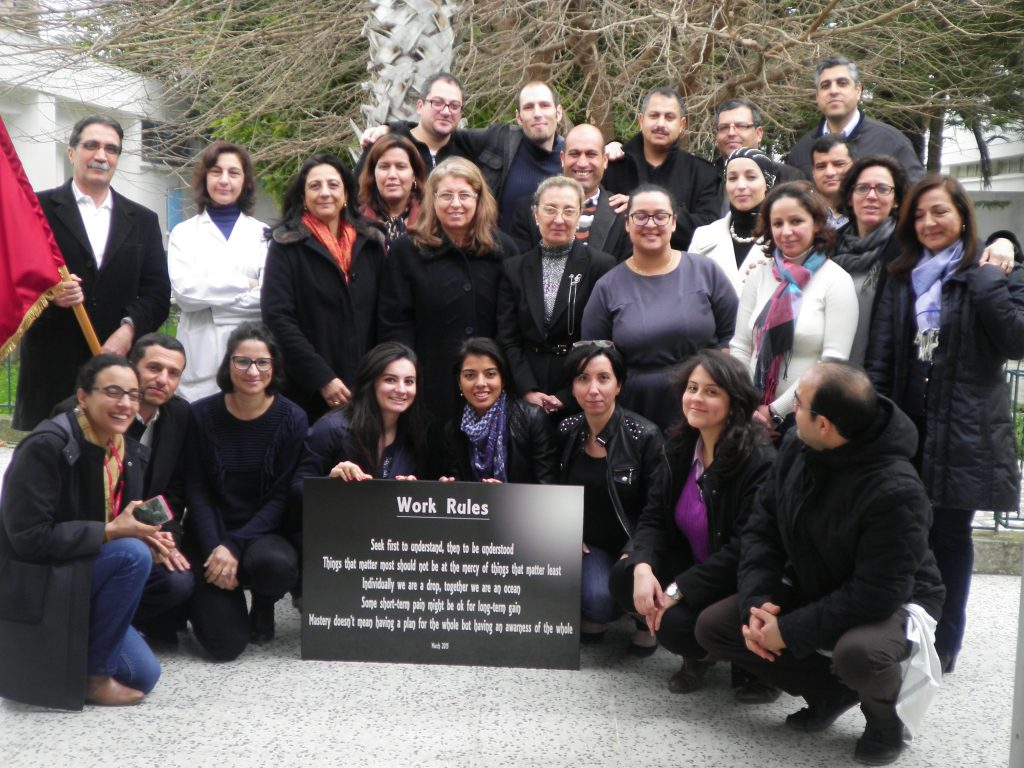
The course consists of recorded lectures, required readings, a weekly online discussion forum, quizzes, self-reflection assignments, and a final verbal presentation. It is targeted to practicing health care professionals and public health specialists who already have some experience managing people. In most cases, LMIH participants gather in weekly site-specific, in-person discussion groups led by a volunteer facilitator to discuss the material and apply it to their particular linguistic, cultural, social, and political environment.
“We just finished our site discussion this afternoon and the level of contribution and application to our various office settings was wonderful. …I have told my Chief Executive … about the course and he is thinking of asking all Management Staff to do it compulsorily in the next episode.”
–2017 course site facilitator
Due to high enrollment, the course is now offered twice a year, with a completion averaging 84%. Approximately 4,500 individuals are enrolled in the latest offering of the course, representing a nine-fold increase in five years. More than 10,000 health workers in 65 countries have graduated from LMIH since 2012.
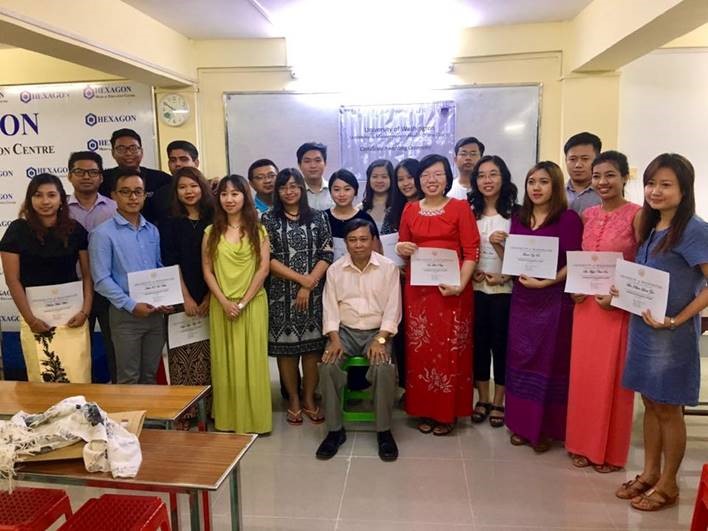
According to a survey conducted by eDGH, more than half of graduates from the spring 2016 cohort now mentor colleagues on leadership and management-related job tasks. In addition, 67% said they were given new responsibilities or projects as a result of course completion, and 74% reported that they had maintained contact with other students from their sites.
“We consistently hear that how empowering the course is,” said Anya Nartker, E-Learning Project Manager with eDGH. “The course uses a blended model, where participants are required to meet with their local site each week to apply what they are learning in the course, and share problems that they support each other in solving.”
I like the idea of all students teaming together and working together despite their backgrounds and level of education. There were many who were highly educated and some who were moderately [educated], and we all understood and accommodated each other.
–2016 course participant from Kenya
Course graduates have requested a deeper exploration of certain topics introduced in LMIH. As a result, a certificate series of three online courses is being developed that will include LMIH; a new course titled Global Project Management; and a third online course, Fundamentals of Implementation Science.
The Global Project Management online course will be offered as a stand-alone course from July-September 2018, co-taught by Dr. Downer; I-TECH Deputy Director, Chichi Butler; and I-TECH Senior Program Manager, Harnik Gulati. The certificate will be offered in 2018.
